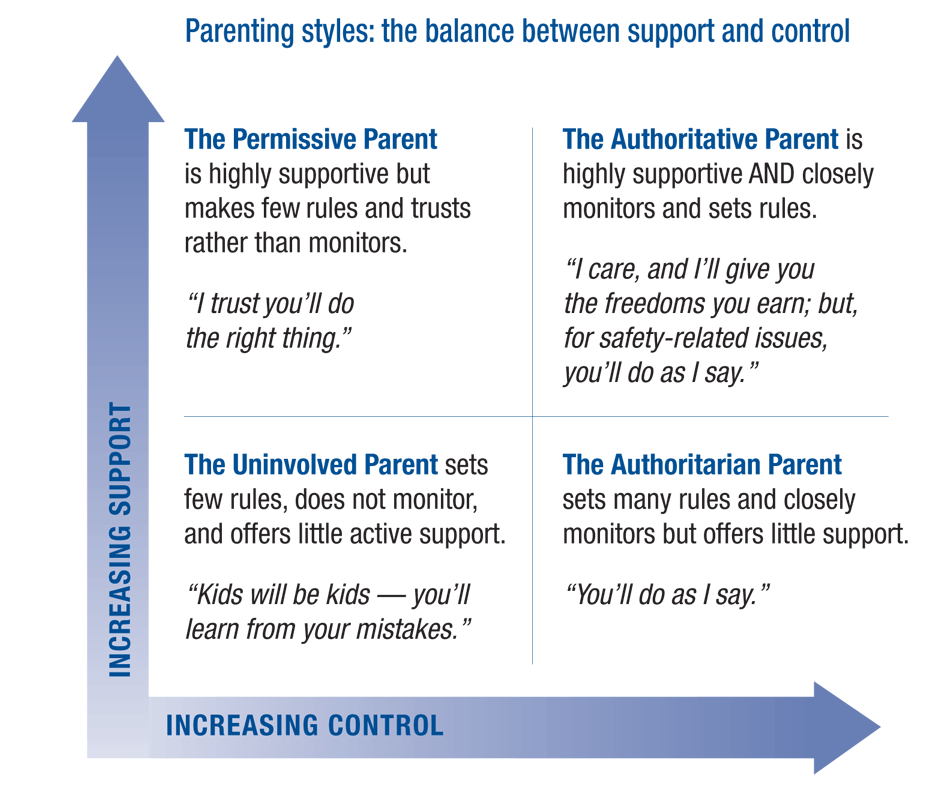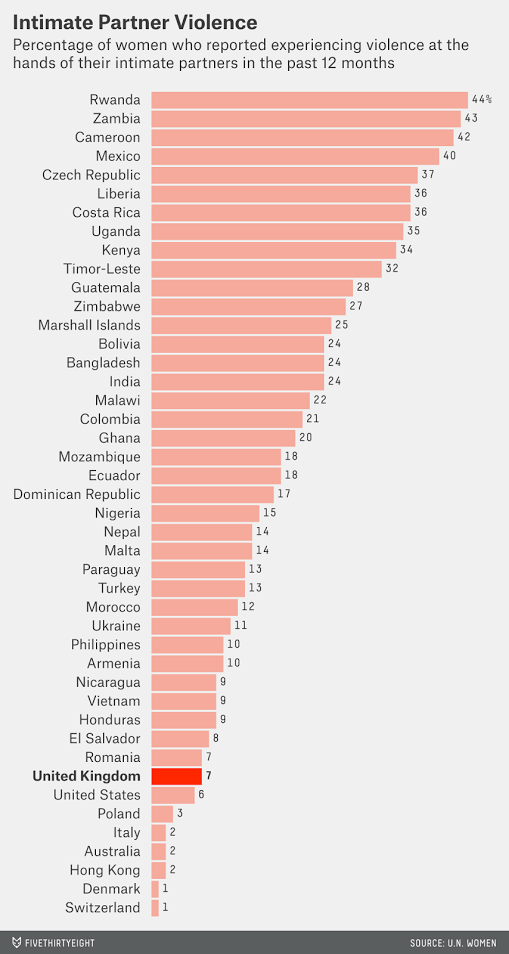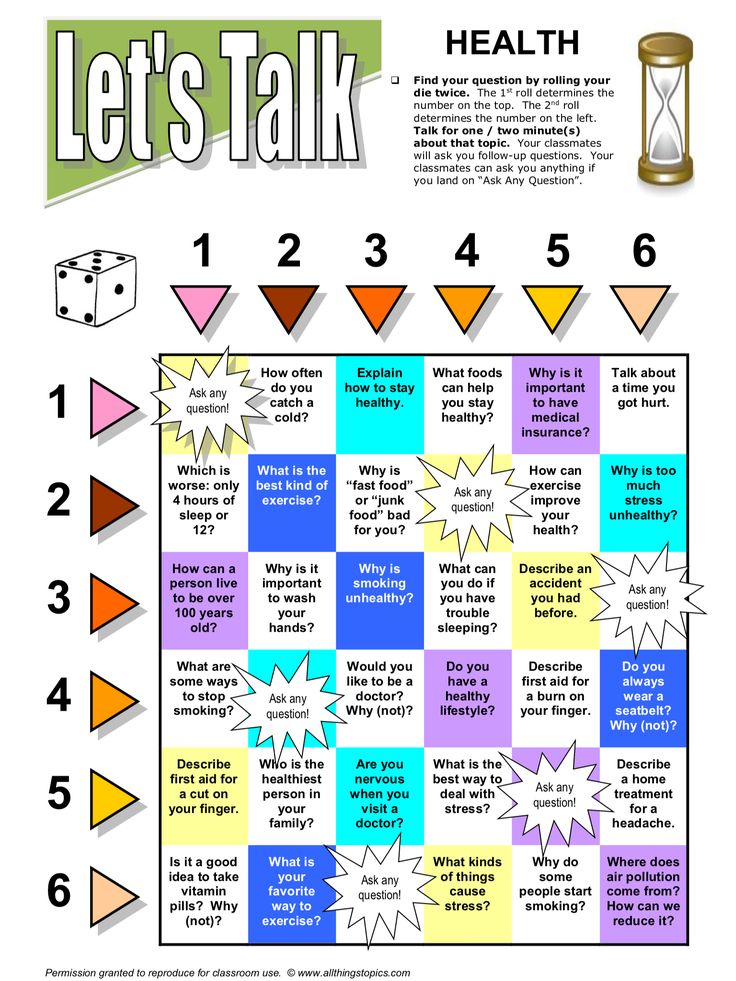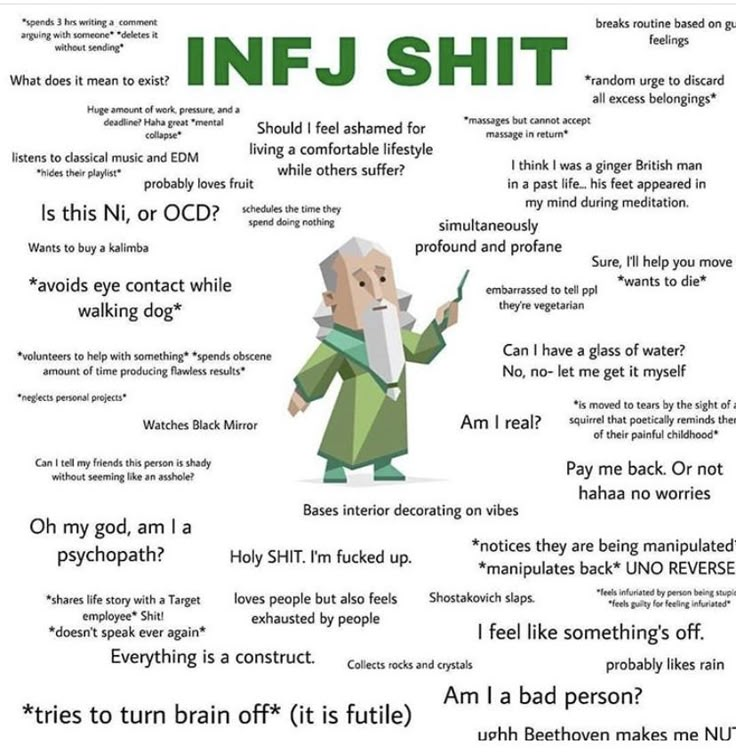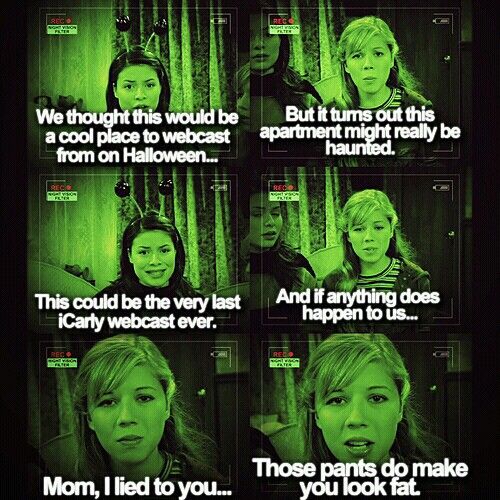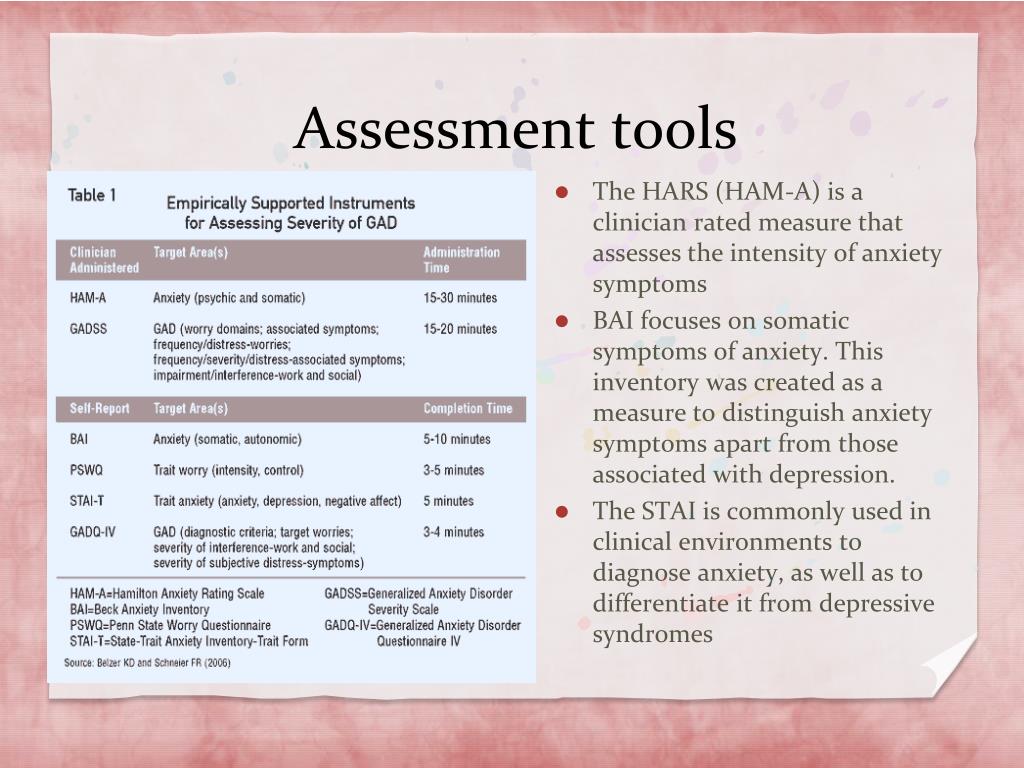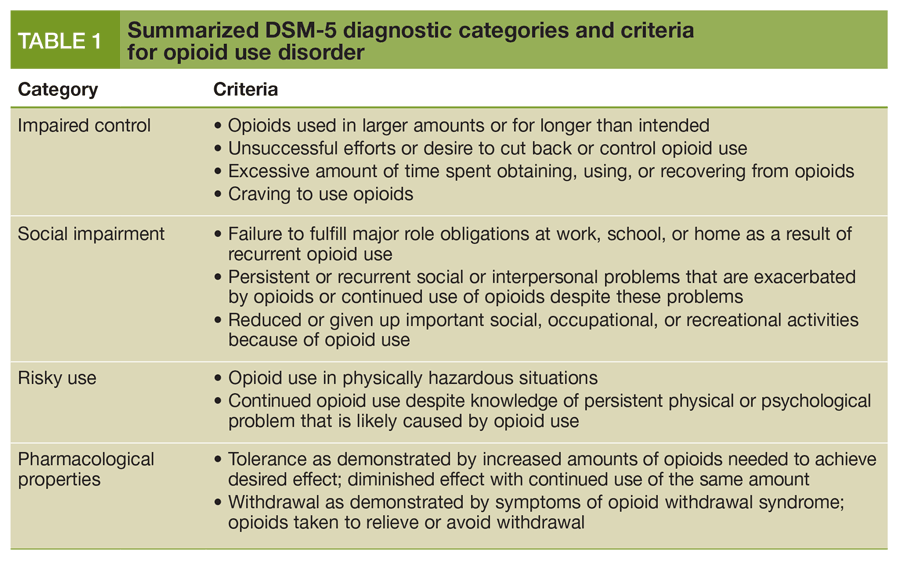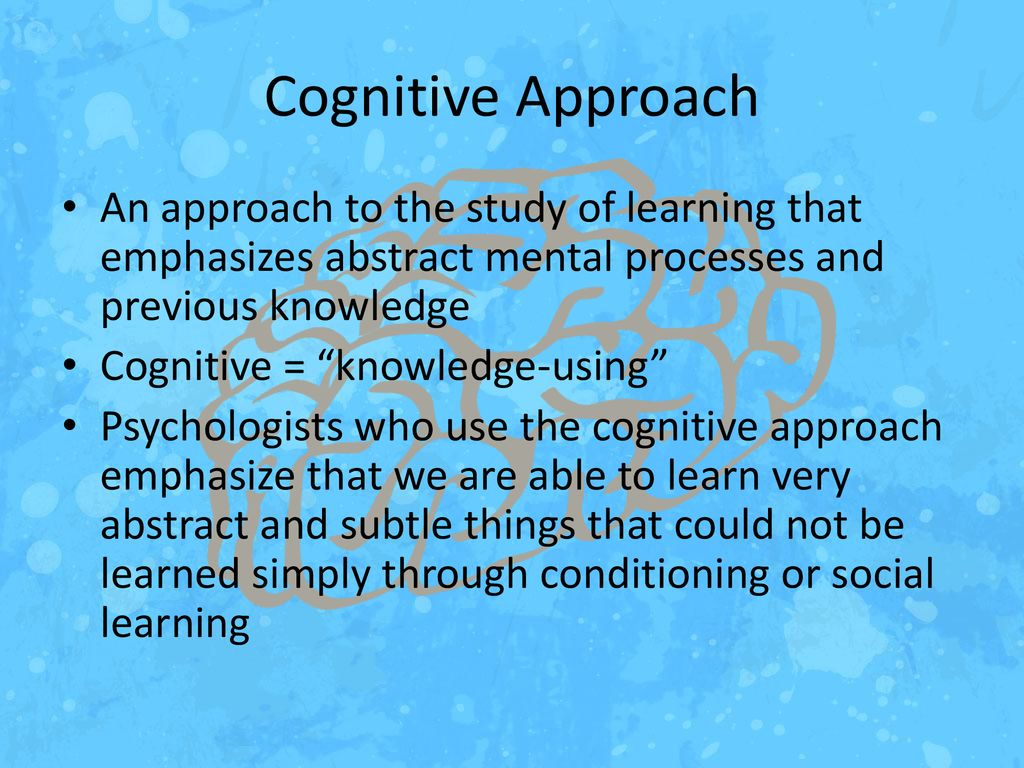Controlling parenting style
6 Signs of Controlling Parenting and Why It Is Harmful
There are different styles of child rearing and, unfortunately, the controlling style is one of the most prevalent. Here, instead of gently guiding the childs authentic self, the parent tries to make and mold the child into whatever they think the child should be.
As the term implies, the core indication of controlling parenting is a controlling approach towards the child. The controlling parenting style is sometimes also called authoritarian or helicopter parenting, and this is because the parent is acting in an authoritarian manner or is hovering over the child and controlling their every move. The methods used to implement it involve violating the childs boundaries or not meeting the childs true needs.
Signs of the Controlling Parenting Style
1. Unrealistic expectations and doomed to fail scenarios
The child is expected to meet irrational, unhealthy, or simply unattainable standards, and is punished if and when they dont. For example, your father tells you to do something but never explains how to do it, and then becomes angry if you cant do it properly or immediately.
Oftentimes the child is set up for failure and they will experience negative consequences regardless of what they do and how they do it. For instance, your mother commands you to run to the store quickly to get groceries when its raining and then is upset when you come home wet.
2. Unreasonable, unilateral rules and regulations
Instead of talking to their children, negotiating, taking time to explain things, setting principles that apply to all members of the family and society, controlling parents set strict rules that apply only to the child, or only to certain people. These rules are unilateral, unreasonable, and unprincipled, and oftentimes dont even have a proper explanation.
Go clean your room! But why? Because I said so!
Dont smoke! But you smoke, dad. Dont argue with me and do what I say not what I do!
Instead of appealing to the childs self-interest, its an appeal to the power disparity between the parent and the child.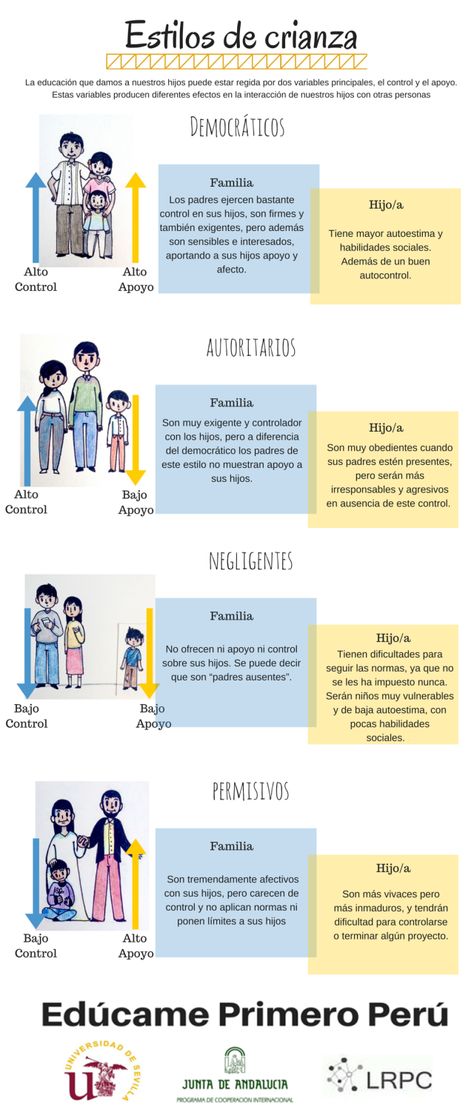
3. Punishments and controlling behavior
When the child is unwilling to comply or fails to match whatever is expected from them, they are controlled and punished. Again, often without any explanations except for Im your parent! or Youre bad!
There are two types of controlling and punishing behavior.
One: active or overt, which includes physical force, yelling, invading privacy, intimidation, threats, or restriction of movement.
And two: passive or covert, which is manipulation, guilt-tripping, shaming, playing the victim, and so on.
So the child is either simply forced to comply or is manipulated into compliance. And if they fail, they are punished for disobedience and imperfection.
4. Lack of empathy, respect, and caring
In authoritarian environments, instead of being accepted as an equal human being, the child is generally seen as a subordinate. In contrast, the parent and other authority figures are seen as superiors.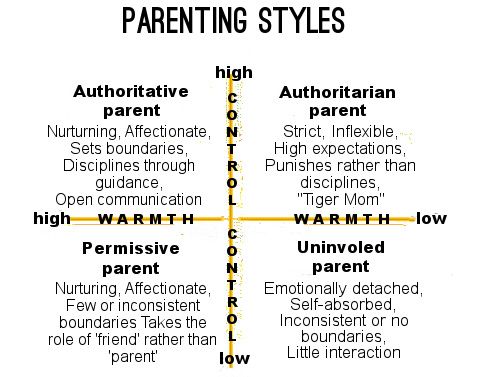 The child is also not allowed to question this dynamic or challenge the parents authority. This hierarchical dynamic manifests itself in lack of empathy, of respect, of warmth, and of caring for the child.
The child is also not allowed to question this dynamic or challenge the parents authority. This hierarchical dynamic manifests itself in lack of empathy, of respect, of warmth, and of caring for the child.
Most parents are usually able to meet the childs physical, basic needs (food, shelter, clothing), yet they are either emotionally unavailable, severely lacking, overbearing, or selfish. This feedback that the child receives in a form of punishments and controlling treatment is damaging to their sense of self-worthand identity.
5. Role-reversal
Since many controlling parents have strong narcissistic tendencies, they consciously or unconsciously believe that its the childs purpose and responsibility to meet the parents needs, not vice versa. They see the child as property and as an object that is here to serve their needs and preferences. As a result, in many scenarios the child is forced to fit the role of a parent, and the parent takes on the role of a child.
This role-reversal manifests where the child is treated as a surrogate parentto the parent or to other family members. Here, the child is expected to take care of their parents emotional, economic, physical, or even sexual needs and wants. If the child is unwilling or unable to do so, again, they are seen as being bad and are punished, forced, or manipulated into compliance.
Here, the child is expected to take care of their parents emotional, economic, physical, or even sexual needs and wants. If the child is unwilling or unable to do so, again, they are seen as being bad and are punished, forced, or manipulated into compliance.
6. Infantilizing
Since controlling parents dont see their child as a separate, individual entity, oftentimes they raise the child to be dependent.This treatment negatively affects the child’s sense of self-esteem,competency, and individuality.
Because the parent believes and behaves as though the child is inferior and incapable to live according to their own self-interest, he or shethinks that they know whats best for the child, even when the child is capable of making their own decisions and take calculated risks.
Itfosters dependency and stunts the childs natural development because the child never develops adequate boundaries, self-responsibility, and a strong sense of identity.On a psychological, usually unconscious level, by not letting the child grow into a strong, competent, self-sufficient human being the parent keeps the child tied to them tighter in order to continue to get their needs met (
see #5).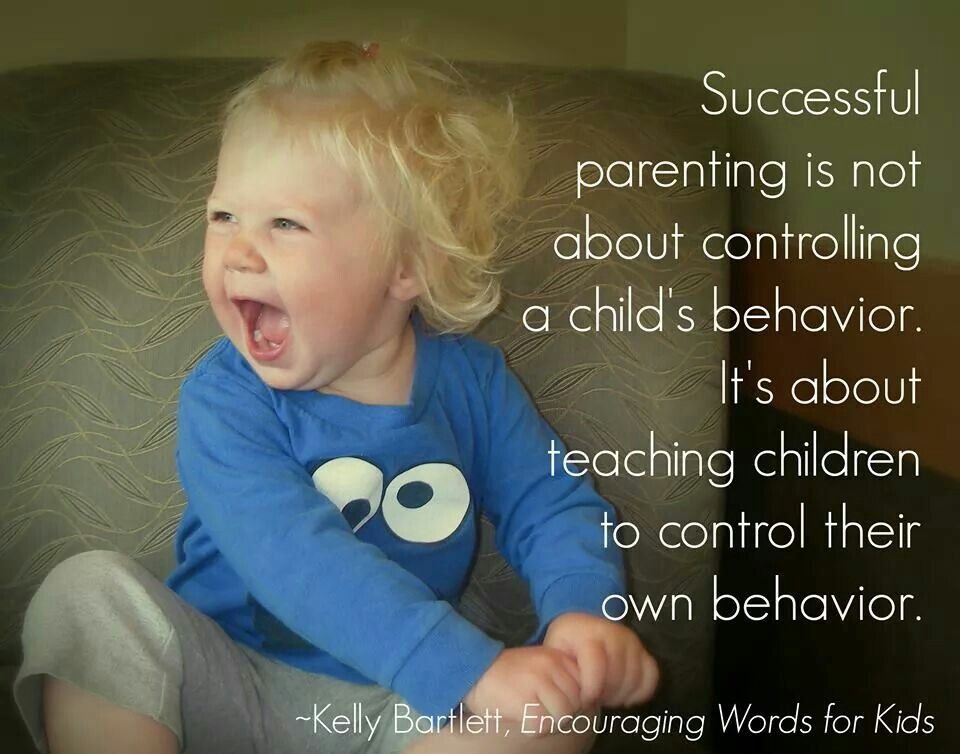
Such a childusually has problems making their own decisions, building competency, or creating respectful and fulfilling relationships. Theyoften suffer from self-underestimation, over-attachement, approval seeking behavior, indecisiveness, dependency on others, and numerous other emotional and behavioral problems.
In the next article, we will talk more about why controlling parenting is not a viable nor effective approach.
Were your parents, teachers, or other authority figures controlling? How was it for you growing up in such an environment? Feel free to let us know in the comments below or write about it in your journal.
Photo credit: Piers Nye
Controlling Parents - 20 Signs And Why They Are Harmful
Having a sense of autonomy and control is essential to our health and well-being1. However, in the last two decades, there has been a disturbing decrease in sense of control among college students2. They believe their lives are controlled by forces outside of themselves.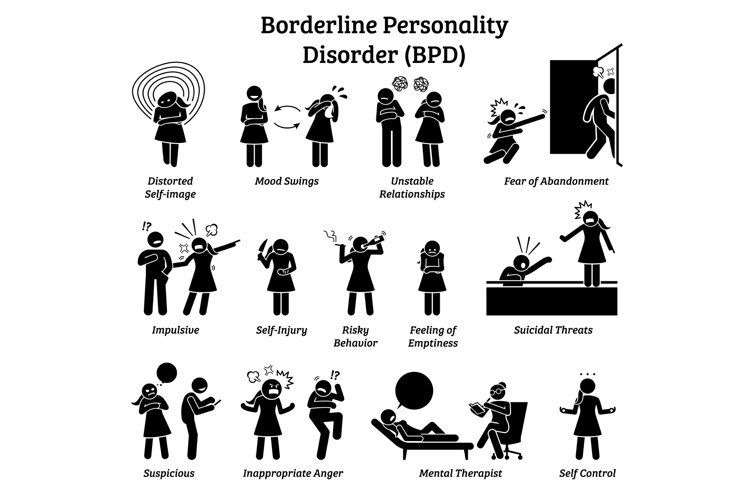 Having controlling mothers or fathers is, at least in part, a prevalent source of such helplessness.
Having controlling mothers or fathers is, at least in part, a prevalent source of such helplessness.
Types of Parental Control
There are two types of parental control – behavioral control and psychological control.
Behavioral Control
Behavioral control refers to supervising and managing children’s behavior. These overbearing parents discipline their kids’ behavior, monitor their whereabouts, and oversee their social life3. Behavioral control is intended to regulate children’s behaviors to conform to the prevailing family or social norms.
Autonomy and regulation are both essential in a child’s development. Autonomy allows a child to develop a separate identity away from their parents. This process of individuation is particularly important during adolescence when teenagers are getting prepared for adulthood4.
At the same time, parents need to provide adequate structure for the child to learn to inhibit disruptive behavior and engage in socially acceptable behavior5.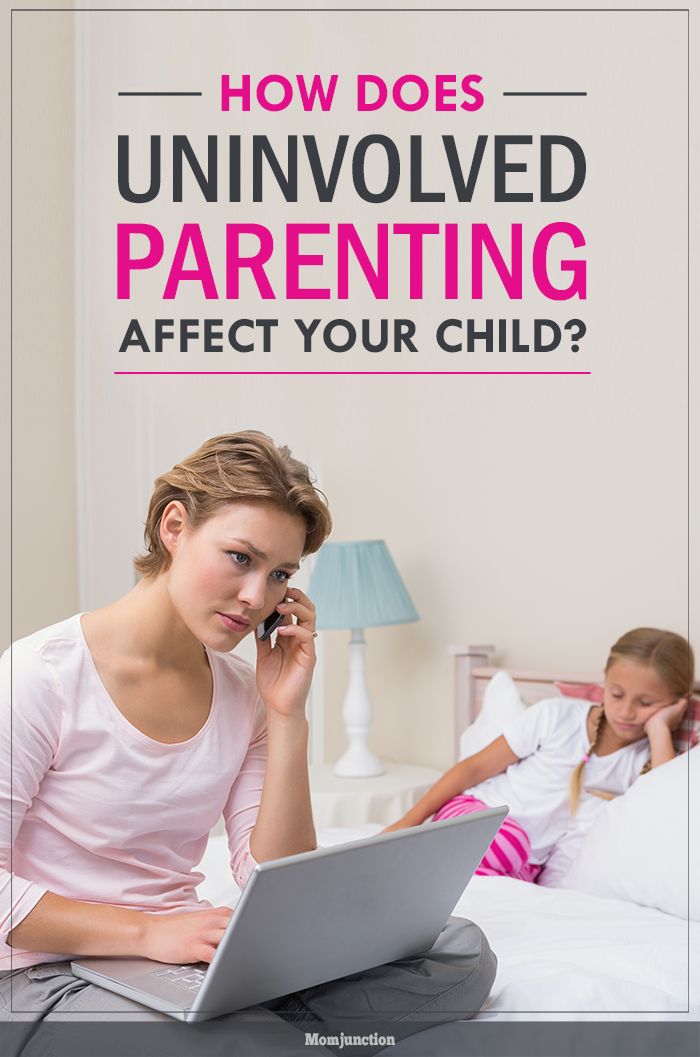 Structure and guidance in behavior are necessary to facilitate favorable personality development.
Structure and guidance in behavior are necessary to facilitate favorable personality development.
Behavioral control, to a certain extent, is paramount in a child’s healthy development. It aims to monitor, teach and regulate appropriate behavior.
However, when parents go overboard and control every minute detail of their children’s behavior, they become over controlling parents6.
Psychological control
Psychological control refers to intruding into children’s emotional and psychological development. Controlling parents are nonresponsive to their children’s emotional and psychological needs. They constrain, invalidate, and manipulate the kids’ psychological experiences. They also stifle the independent expression of emotions7.
These controlling parents manipulate children’s feelings, thoughts, or ideas through the parent-child relationship using guilt, love withdrawal, showing disappointment, disapproval, and shaming8. In addition, they want to keep their kids emotionally dependent and enmeshed with them9.
In addition, they want to keep their kids emotionally dependent and enmeshed with them9.
Psychologically controlling parents are experienced by their children as being intrusive, overprotective, possessive, directive, and controlling through guilt10.
Ways of Controlling
Children can experience parental control differently depending on what measures controlling parents use. Here are two orientations of controlling practice.
Internally Controlling
Psychological control is often exerted through subtle, non-verbal cues. These parents appeal primarily to forces and regulations that reside within the child, such as when parents activate feelings of shame and guilt.
Because the control is more internal, covert, and nonobvious, most psychological control measures are internally controlling parenting practices.
Externally Controlling
Externally controlling parenting is done in an open and overt fashion. Shouting, hitting, punishing, and rewarding are the common strategies used to coerce children with external contingencies.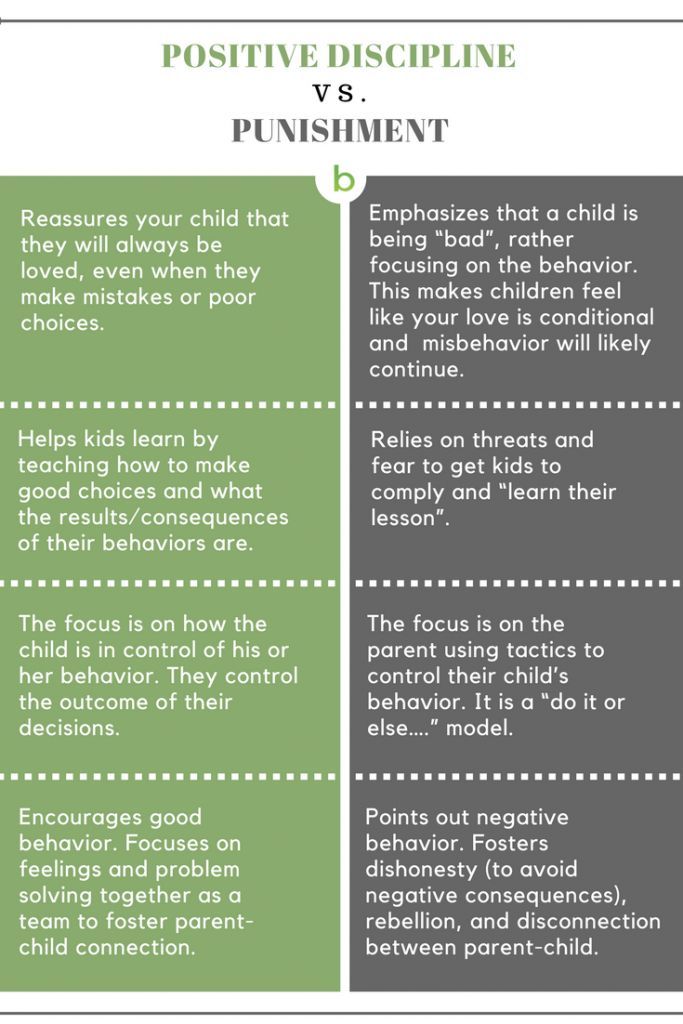
Psychological control is not always internally controlling. Some parents engage in personal attacks or erratic emotional behavior such as alternating between caring for and attacking their children.
Harsh parenting, helicopter parenting, and strict parenting are all externally controlling parenting types. All of these parenting styles are authoritarian parenting styles.
Signs of Controlling Parents
Whether a parent is controlling depends on a combination of several factors11:
- type of control (behavioral vs psychological)
- way of control (internally controlling vs externally controlling)
- level of control (moderate vs high)
- the temperament of the child (does the child perceive them as controlling)
Despite the complexities, there are some parenting practices that are considered controlling “on average”.
Signs of controlling parents include:
- Demand blind obedience and conformity
- Do not allow children to participate in or question the parents’ decisions
- Do not let their child make their own decisions
- Do not encourage choice or independence
- Dictate every aspect of the child’s life
- “Help” the child without being asked
- Use reasons such as “because I said so” to discipline
- Believe children should be seen, but not heard
- Manipulate and exploit the parent-child bond, through such as guilt induction or love withdrawal
- Discipline through punishment and coercion
- Use negative, affect-laden expressions and criticisms, such as disappointment and shame
- Criticize any choices their child make
- Unrealistically high standards and expectations
- Many rigid rules
- Arbitrarily add family rules for more control
- Lack of empathy for their child
- Refuse to see things from their child’s perspective
- Believe they are always right
- Always tell you what to do
- Do not respect your privacy
- Emotionally immature
Also See: Narcissistic Parents – 11 Effects and How To Heal
Psychological Effects of Controlling Parenting
Psychologists have found that different controlling factors can cause different impacts on children, especially adolescents.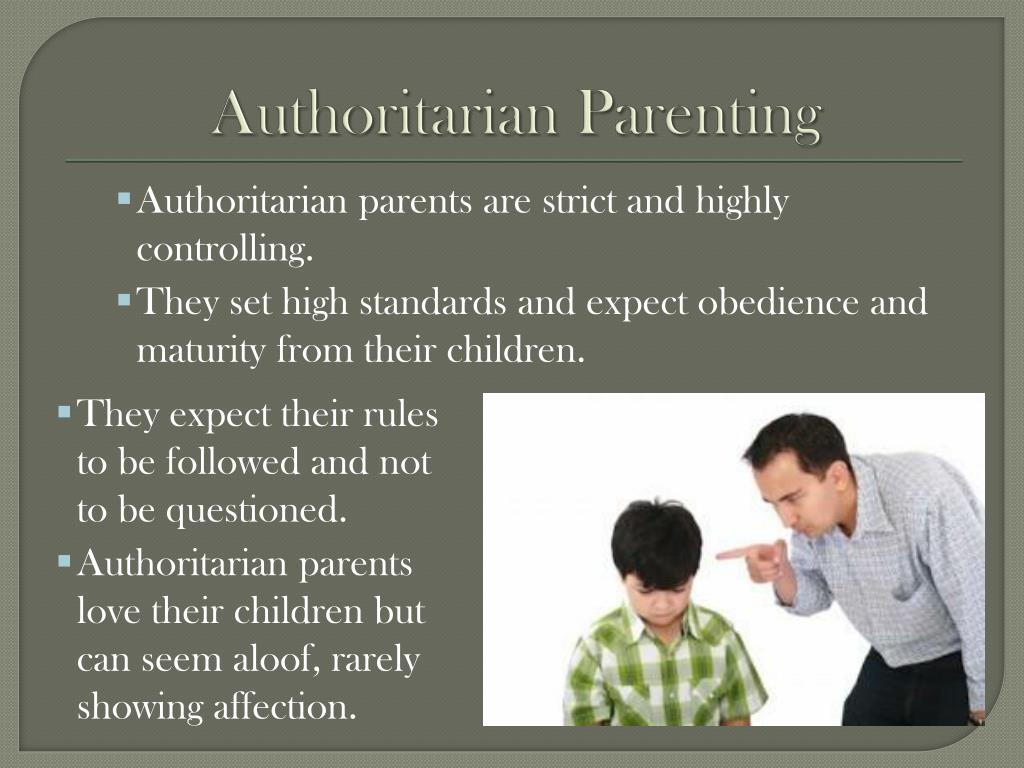
Lack of behavioral control has long been associated with behavioral problems. These kids act out more and are less capable of inhibiting disruptive behavior.
A moderate amount of behavioral regulation and monitoring is good for children. Enforcing boundaries and monitoring are associated with positive outcomes such as less acting out and better academic performance12.
But when the control is at a high level, the negative impact on children’s development can be long-lasting7 whether it’s behavioral or psychological. At high levels of behavioral or psychological control, adolescents feel that they are incompetent and they don’t matter6.
Parents who are very behaviorally controlling undermine their children’s confidence in their abilities. Excessive parental assistance during tasks and interrupting a child’s problem-solving communicate doubt regarding the child’s competencies. As a result, these children suffer from lower self-esteem. They are less self-regulated, higher in acting out, and lower in academic achievement13,14.
They are less self-regulated, higher in acting out, and lower in academic achievement13,14.
Many psychologists believe that psychological control is particularly damaging to a child. The insidiously manipulative tactics used by an internally controlling father or overbearing mother can induce feelings of undue loyalty towards parents to comply with their authority.
These children’s compliance is driven by a desire to avoid feeling guilty or losing their parents’ love11. So when they are rejected by their parents, they feel resentment. This mixture of ambiguous and conflicting feelings toward parents creates a sense of inner tension. Children of psychologically controlling parents are more prone to suffer from low self-esteem, and mental health issues, such as anxiety, depression15, and antisocial behavior16.
On the other hand, externally controlling parents have different impacts on their children.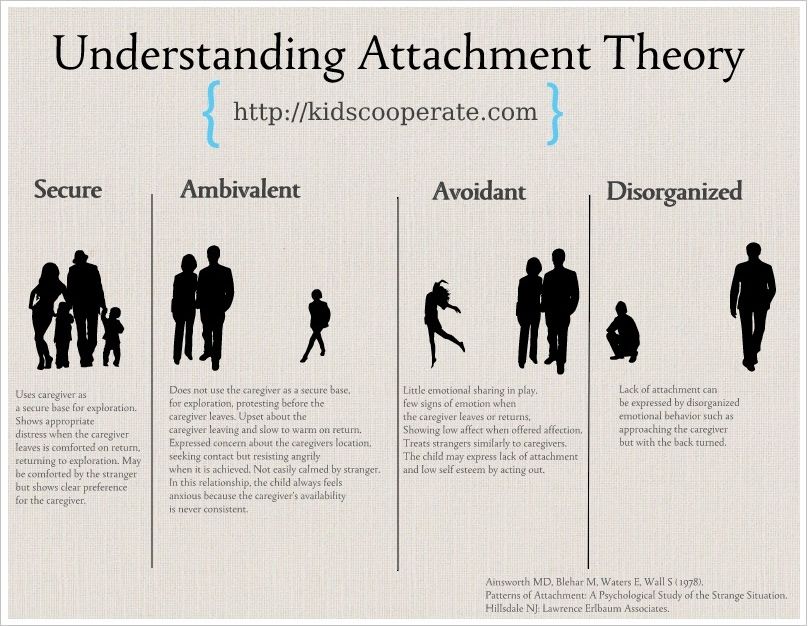 Kids model their behavior after their parents’ behavior. Externally controlled children frequently witness their parents engaging in overt aggressive and controlling behaviors. They are more prone to physical aggression towards others17. They are more likely to become bullies or victims of bullying. They also tend to pass this type of harsh parenting to the next generation18.
Kids model their behavior after their parents’ behavior. Externally controlled children frequently witness their parents engaging in overt aggressive and controlling behaviors. They are more prone to physical aggression towards others17. They are more likely to become bullies or victims of bullying. They also tend to pass this type of harsh parenting to the next generation18.
How To Deal With Controlling Parents
“Why are my parents trying to control my life?”
If you’re an unfortunate child who has controlling parents, I sympathize.
It is hard for children or teenagers to deal with controlling parenting on their own because they are completely relying on their parents. Asking for counseling at school or requesting to see a therapist can provide the support to get through this.
Some kids also use negotiation as a more autonomous way of coping19.
Also see: How to Deal With a Controlling Parent as a Teenager
If you were or have been a controlling parent, the best thing to do for your child is to seek professional help for yourself.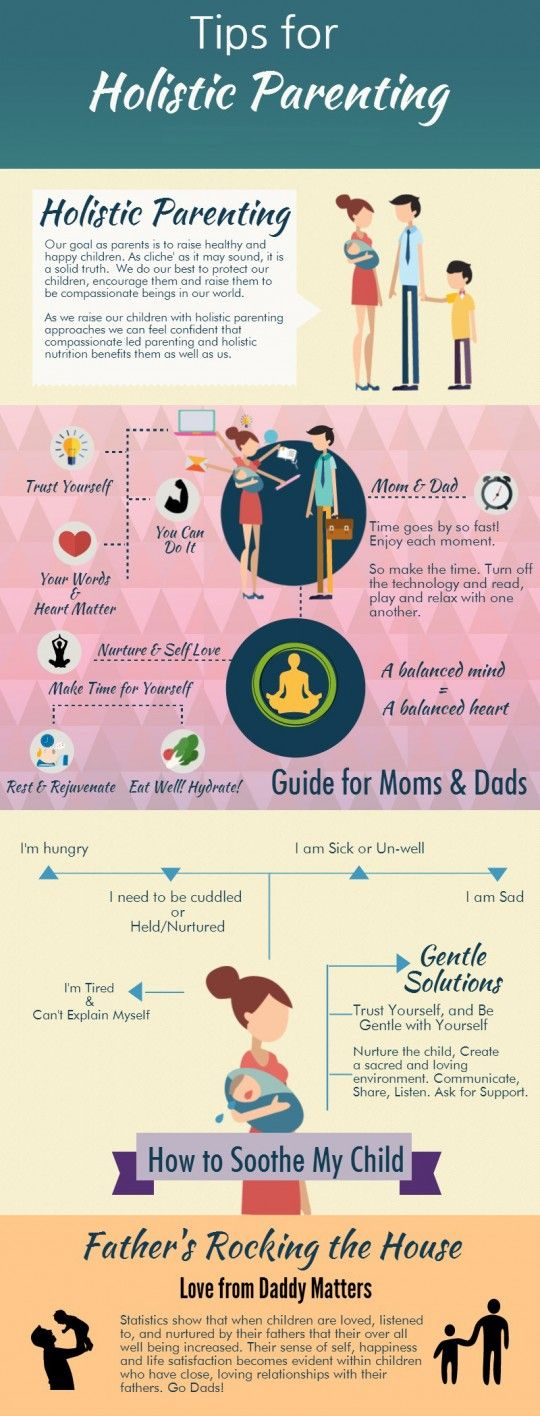 Children usually employ one of two non-autonomous ways of coping – compulsive compliance or oppositional defiance. Neither one is good for your child.
Children usually employ one of two non-autonomous ways of coping – compulsive compliance or oppositional defiance. Neither one is good for your child.
If you’re a grownup, having a controlling parent can make you feel disrespected16. Unfortunately, research shows that controlling parenting behavior is unlikely to change over time20. If you suffer from depressive or anxiety symptoms, seek professional help as soon as possible. When looking for therapeutic help, look for one who is proficient in relational therapy21 and in dealing with controlling parent issues.
Also see: How adult children can recover from authoritarian parenting
Was this article helpful?
How helpful was it?
How can we improve it?
References
-
1.
Dreher D, Feldman D, Numan R. Controlling Parents Survey. College Student Affairs Journal.
 2014;32(1):97-111.
2014;32(1):97-111. -
2.
Twenge JM, Zhang L, Im C. It’s Beyond My Control: A Cross-Temporal Meta-Analysis of Increasing Externality in Locus of Control, 1960-2002. Pers Soc Psychol Rev. Published online August 2004:308-319. doi:10.1207/s15327957pspr0803_5
-
3.
Ballash N, Leyfer O, Buckley AF, Woodruff-Borden J. Parental Control in the Etiology of Anxiety. Clin Child Fam Psychol Rev. Published online November 7, 2006:113-133. doi:10.1007/s10567-006-0007-z
-
4.
Marcia JE. Identity in adolescence. Handbook of adolescent psychology. 1980;9(11).
-
5.
Lamborn SD, Mounts NS, Steinberg L, Dornbusch SM. Patterns of Competence and Adjustment among Adolescents from Authoritative, Authoritarian, Indulgent, and Neglectful Families. Child Development. Published online October 1991:1049. doi:10.2307/1131151
-
6.
Kakihara F, Tilton-Weaver L. Adolescents’ Interpretations of Parental Control: Differentiated by Domain and Types of Control.
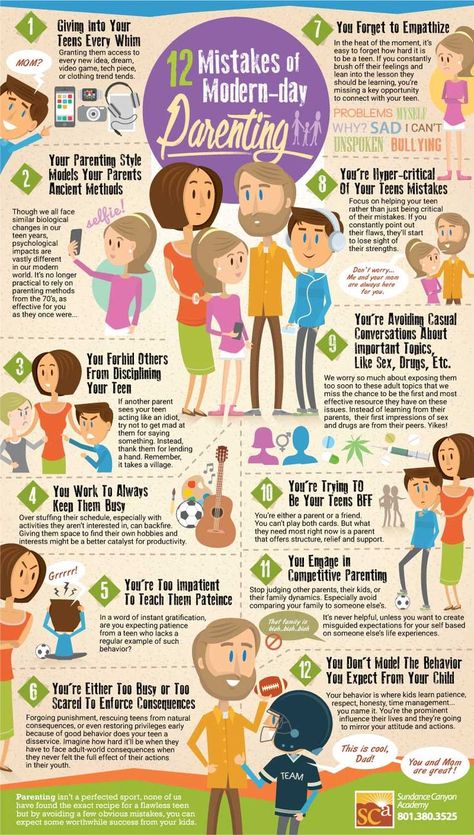 Child Development. Published online November 2009:1722-1738. doi:10.1111/j.1467-8624.2009.01364.x
Child Development. Published online November 2009:1722-1738. doi:10.1111/j.1467-8624.2009.01364.x -
7.
Barber BK. Parental Psychological Control: Revisiting a Neglected Construct. Child Development. Published online December 1996:3296. doi:10.2307/1131780
-
8.
Barber BK, Harmon EL. Violating the self: Parental psychological control of children and adolescents. In: Intrusive Parenting: How Psychological Control Affects Children and Adolescents. American Psychological Association; 2002:15-52. doi:10.1037/10422-002
-
9.
Pettit G, Laird R, Dodge K, Bates J, Criss M. Antecedents and behavior-problem outcomes of parental monitoring and psychological control in early adolescence. Child Dev. 2001;72(2):583-598. doi:10.1111/1467-8624.00298
-
10.
Schaefer ES. A configurational analysis of children’s reports of parent behavior. Journal of Consulting Psychology. Published online 1965:552-557.
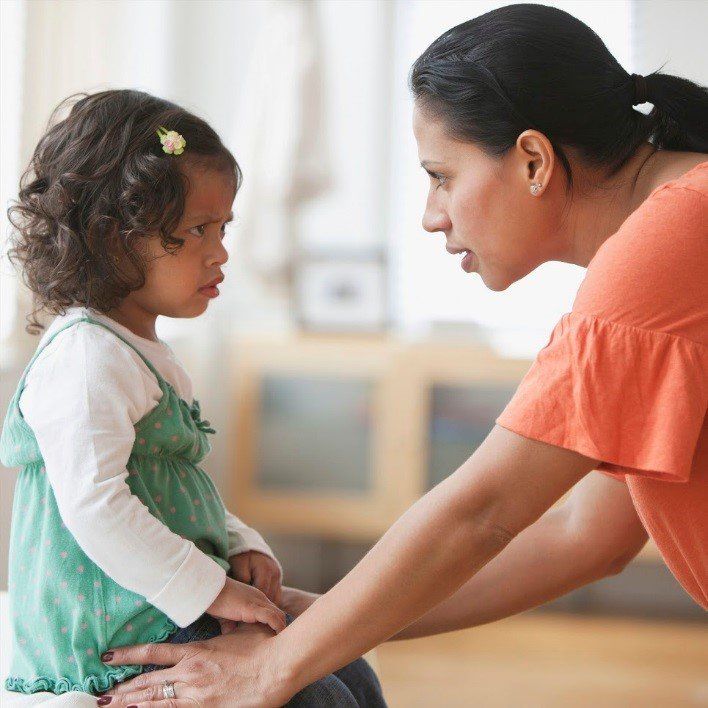 doi:10.1037/h0022702
doi:10.1037/h0022702 -
11.
Soenens B, Vansteenkiste M. A theoretical upgrade of the concept of parental psychological control: Proposing new insights on the basis of self-determination theory. Developmental Review. Published online March 2010:74-99. doi:10.1016/j.dr.2009.11.001
-
12.
Bean RA, Bush KR, McKenry PC, Wilson SM. The Impact of Parental Support, Behavioral Control, and Psychological Control on the Academic Achievement and Self-Esteem of African American and European American Adolescents. Journal of Adolescent Research. Published online September 2003:523-541. doi:10.1177/0743558403255070
-
13.
Grolnick WS, Ryan RM. Parent styles associated with children’s self-regulation and competence in school. Journal of Educational Psychology. Published online 1989:143-154. doi:10.1037/0022-0663.81.2.143
-
14.
Ginsburg GS, Bronstein P. Family Factors Related to Children’s Intrinsic/Extrinsic Motivational Orientation and Academic Performance.
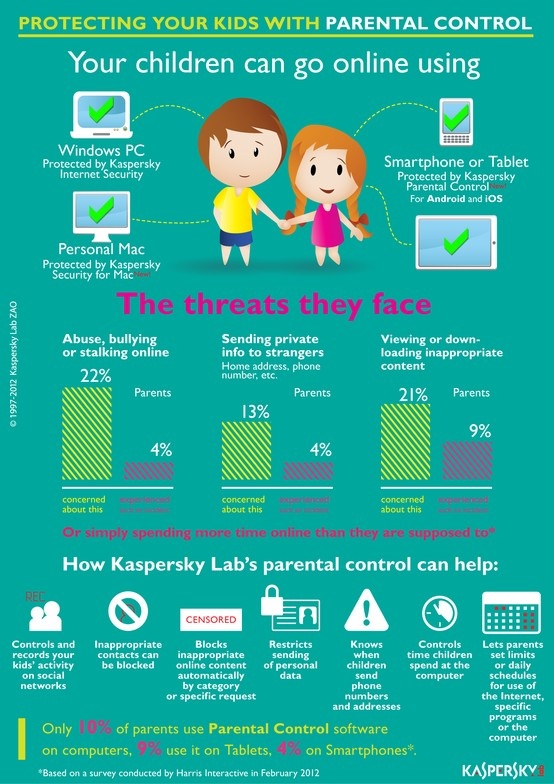 Child Development. Published online October 1993:1461. doi:10.2307/1131546
Child Development. Published online October 1993:1461. doi:10.2307/1131546 -
15.
McClure EB, Brennan PA, Hammen C, Le Brocque RM. Journal of Abnormal Child Psychology. Published online 2001:1-10. doi:10.1023/a:1005260311313
-
16.
Barber BK, Xia M, Olsen JA, McNeely CA, Bose K. Feeling disrespected by parents: Refining the measurement and understanding of psychological control. Journal of Adolescence. Published online April 2012:273-287. doi:10.1016/j.adolescence.2011.10.010
-
17.
Joussemet M, Vitaro F, Barker ED, et al. Controlling Parenting and Physical Aggression During Elementary School. Child Development. Published online March 2008:411-425. doi:10.1111/j.1467-8624.2007.01133.x
-
18.
Simons RL, Whitbeck LB, Conger RD, Wu C. Intergenerational transmission of harsh parenting. Developmental Psychology. Published online 1991:159-171. doi:10.1037/0012-1649.27.1.159
-
19.
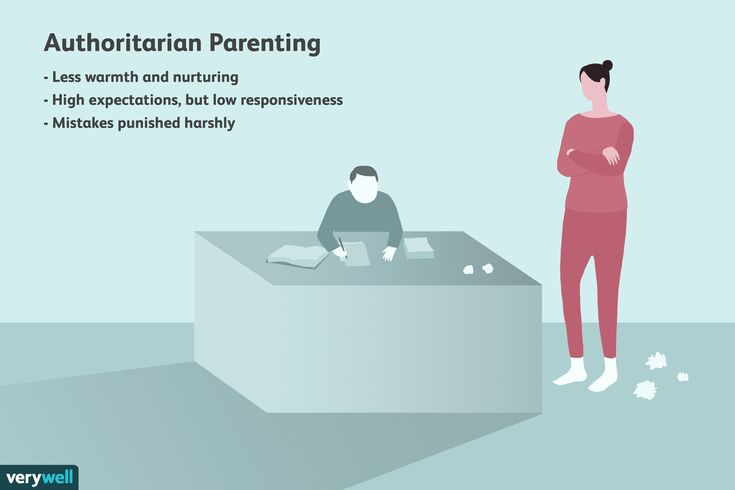
Kuczynski L, Kochanska G. Development of children’s noncompliance strategies from toddlerhood to age 5. Developmental Psychology. Published online 1990:398-408. doi:10.1037/0012-1649.26.3.398
-
20.
Barber BK, Maughan SL, Olsen JA. Patterns of Parenting across Adolescence. New Directions for Child and Adolescent Development. 2005;108:5-16.
-
21.
Jordan JV. A Relational Approach to Psychotherapy. Women & Therapy. Published online June 13, 1995:51-61. doi:10.1300/j015v16n04_05
About Pamela Li
Pamela Li is an author, Founder, and Editor-in-Chief of Parenting For Brain. Her educational background is in Electrical Engineering (MS, Stanford University) and Business Management (MBA, Harvard University). Learn more
View all posts by Pamela Li | Website
Supervisory style of family education
Styles of family education.
In the process of the controlling style of family upbringing, an anxious socio-psychological type of personality is formed.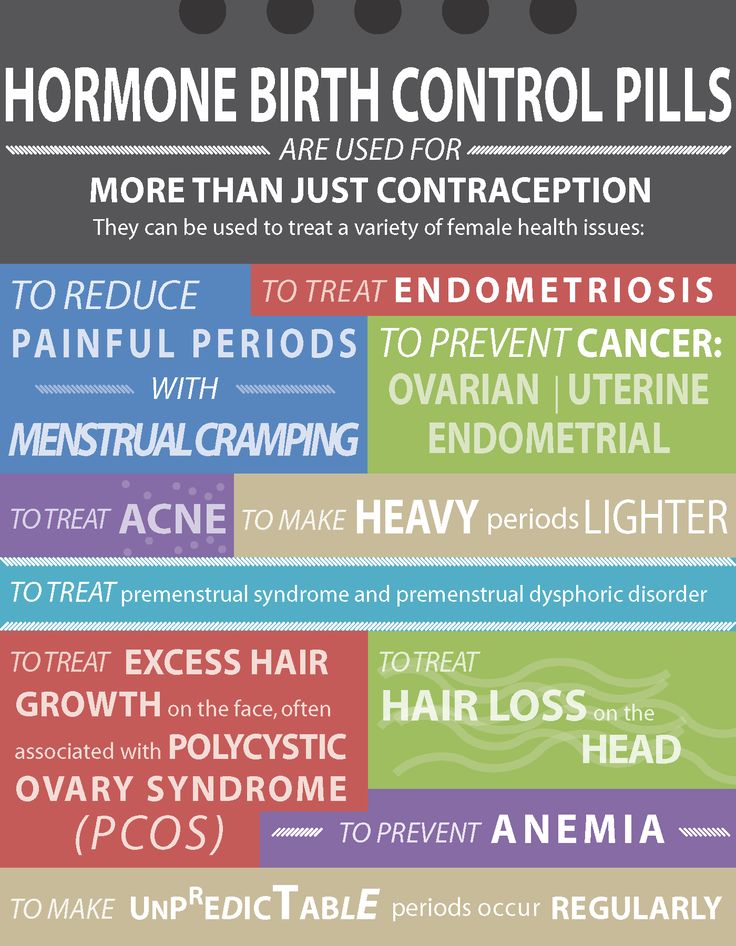 The following reasons contribute to this:
The following reasons contribute to this:
- The child is brought up in an orphanage or grows up in a family of guardians, and they treat him harshly.
- The child is without parents for a long time. Perhaps he was in a medical institution, where he was treated differently from his family. At the same time, the child could experience discomfort, endure a stressful situation associated with the cruelty of adults. All this can lead to the fact that the child becomes isolated, becomes angry and aggressive in response to the emotions and feelings already experienced by him.
- Parents themselves were brought up in families in which children were treated quite cruelly, and they automatically transferred the parental family's upbringing style to their family.
- Parents consider other people's opinion about their own children to be important to them and consider it the main one in controlling children.
In such families, the freedom of the child is strictly regulated and controlled.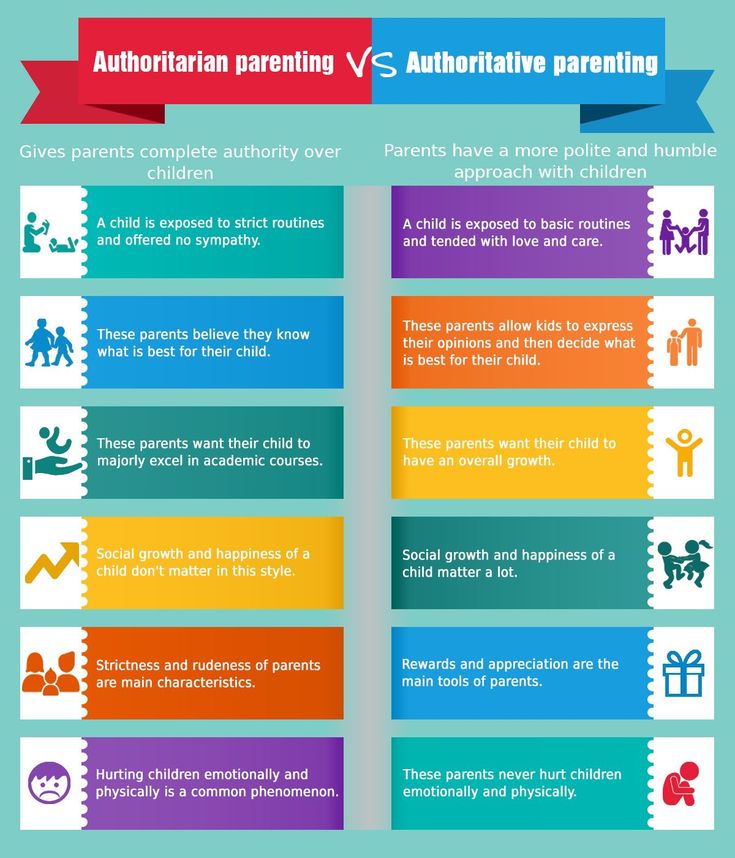 Parents dictate to the child what he should wear, with whom to be friends, they themselves determine the daily routine of the child. Younger students are quite calm about this, but older students protest against such an attitude towards themselves.
Parents dictate to the child what he should wear, with whom to be friends, they themselves determine the daily routine of the child. Younger students are quite calm about this, but older students protest against such an attitude towards themselves.
Parents quite actively use methods of punishment. This is manifested in the command tone, shouting, physical punishment. Some parents use physical punishments that are quite cruel, justifying themselves by the fact that their families also used such methods, and they grew up to be good people. In such families, children are deprived of parental affection, warmth, praise and support.
Such children are well aware of their weaknesses, they are completely deprived of the opportunity to demonstrate and emphasize their best sides. If the parents saw and noted positively some act of the child, by which it was impossible to pass, then they will immediately find a reason to point out something bad that they do not like. Parents do not consider it necessary to listen to the opinion of their child, considering it stupid and inappropriate.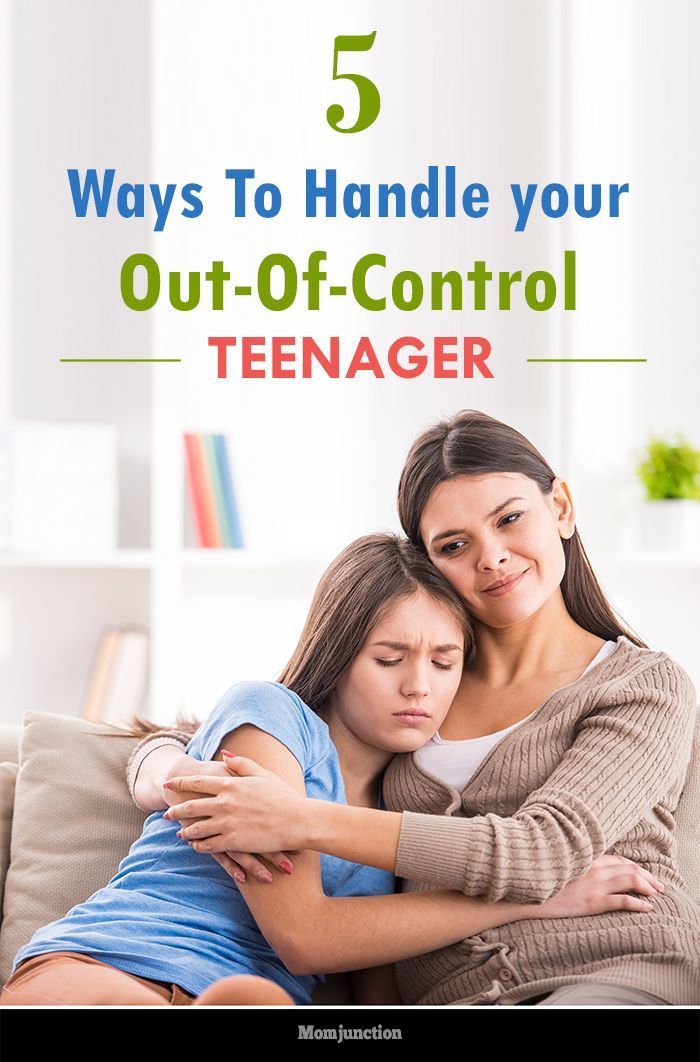 Such parents often say: "the egg does not teach the chicken."
Such parents often say: "the egg does not teach the chicken."
They sometimes punish their child demonstratively in order to show the extent of their power over him. Parents dream of their child growing up as a highly moral person. The motto of their parenting is that the child should always act morally, it should become a habit. Since parents are always dissatisfied with the behavior of their child, children grow up insecure, do not know where and how to behave. Already in elementary school, the child's actions can become inadequate and take the form of defensive reactions.
These students have learning problems. Their mental activity is deprived of independence, they are afraid to make a mistake. Such students do not know how to think creatively, although they may have creative potential, they do not try to fight for the truth. As a rule, they have a very high level of anxiety.
Outwardly, these guys are different from other students. They are gloomy, suspicious, prone to entering into a conflict situation, even if this is not necessary.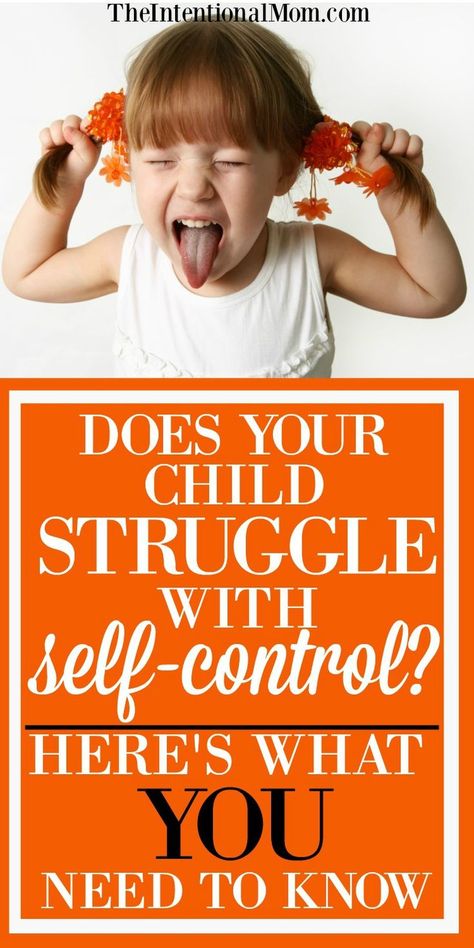 Students of this type are very indecisive and withdrawn, but they value camaraderie and friendship, for the sake of friendship with someone they are ready for anything. Due to the fact that children feel cruelty towards themselves at home, they become rude and merciless towards other people.
Students of this type are very indecisive and withdrawn, but they value camaraderie and friendship, for the sake of friendship with someone they are ready for anything. Due to the fact that children feel cruelty towards themselves at home, they become rude and merciless towards other people.
It is difficult for such students to work with concentration for 15-20 minutes, but they can be very successful in elementary school. If these guys are subsequently attracted by teachers to participate in circles and sections, then they certainly need a situation of success, otherwise they will not go to classes anymore. If they fail at something, or do it worse than other children, they can destroy everything that connected them with this work, and never return to it.
Relationships in the team are quite difficult for children of the anxious type. At school, they often clash with their peers and even with teachers. This affects their status in the community and leads to them becoming isolated children in the classroom.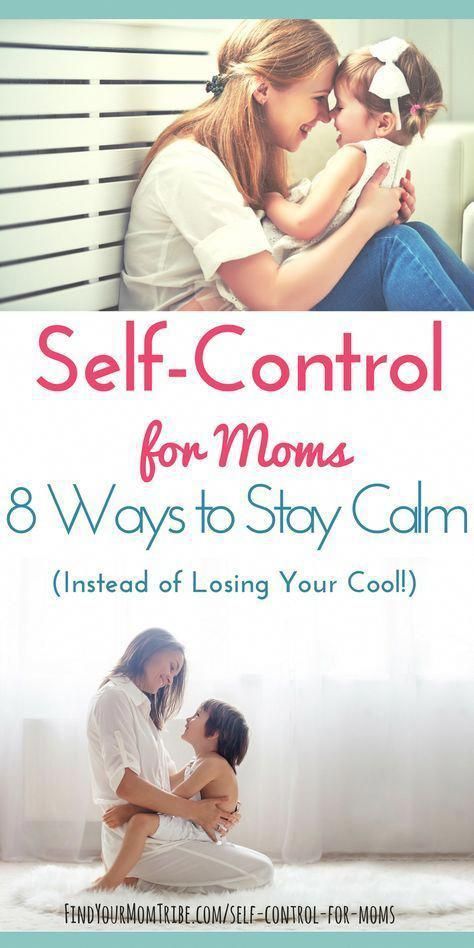
According to the observations of psychologists, these students have an exaggerated love for themselves. These children practically do not perceive comments and criticism addressed to them. As soon as an adult starts lecturing them, this often causes an inadequate reaction: a smile instead of tears and vice versa. Pupils of this type already in elementary school are very often transferred by the teacher to the category of unruly and undisciplined children.
The teacher should know that schoolchildren with an anxious socio-psychological personality type tend to display the following qualities: irascibility, suspicion and caution in relationships with people, low self-esteem, self-doubt, negative attitude towards criticism, lack of initiative. Of the positive qualities, one can note: conscientiousness, the desire to help loved ones, the desire to protect them. Such students are characterized by an early manifestation of the following personal qualities; low degree of formation of intellectual functions (specific forms of thinking prevail, the amount of knowledge is small), impatience, reactivity, excitability, sensitivity, dependence on others, anxiety, low self-control, tension, irritability.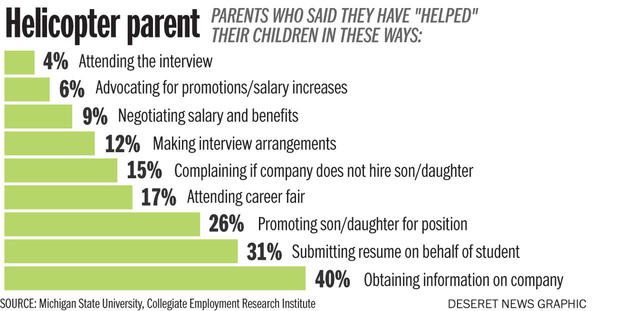
The class teacher must:
- systematically demonstrate the results of positive dynamics in the education, development, upbringing of such children;
- help increase students' self-esteem in the eyes of their parents;
- through various types of extracurricular activities, circles to help students advance in their own intellectual development;
- teach students how to plan and set goals for their own activities;
- make reasonable demands on such students and set feasible tasks;
- hold regular meetings - interviews with children and their parents to analyze the intermediate results of their achievements.
Derekleeva N.I.
Controlling style of family education.
Precautionary style of family education.
Styles of family education.
Sympathetic style of family education.
Styles of family education: domestic and foreign classification
Works describing the variety of types of family education are widely represented in domestic and foreign psychology.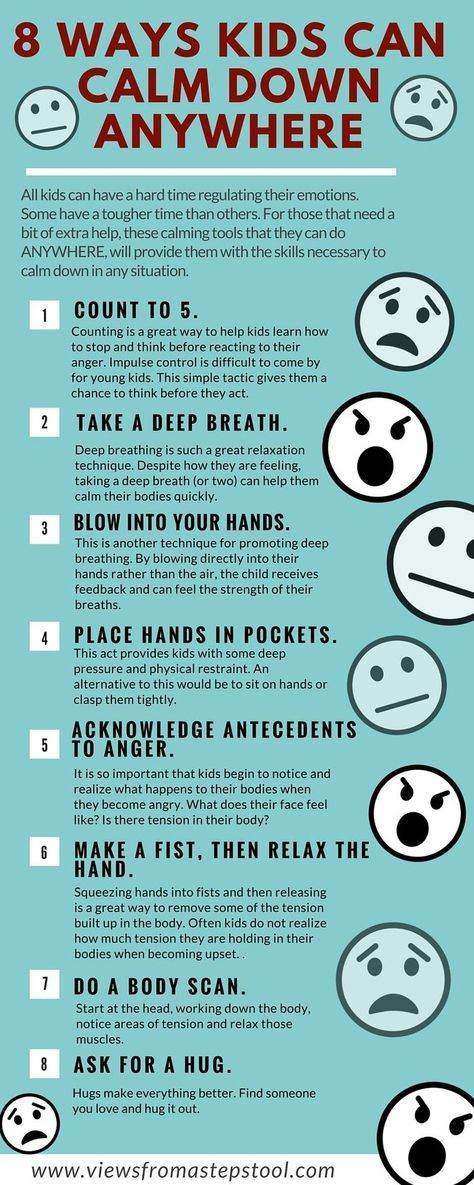 In such studies, typologies are based on author's criteria. In this regard, it is almost impossible to derive a single classification of styles of family education. This article is devoted to the consideration of various criteria for assessing family education.
In such studies, typologies are based on author's criteria. In this regard, it is almost impossible to derive a single classification of styles of family education. This article is devoted to the consideration of various criteria for assessing family education.
The importance of family upbringing in the development of a child can hardly be overestimated: the family is the first and most important factor in a person's personal, intellectual, and spiritual development.
It is known that family education differs from public education in a number of characteristics [10]. First, it is based on the parents' love for the child and their concern for the success of the child in the future.
For a child, the family is the first social group of different ages in which he learns to communicate with younger and older people, learns how men and women behave in various situations of interaction, and this is the second feature of family education. The third characteristic of the family as an educational environment is that the family for the child is the prototype of society in the broad sense of the word: in the family, the child learns to abide by the code of laws (family rules), learns that violation of laws entails sanctions, and “good” behavior promises encouragement from others.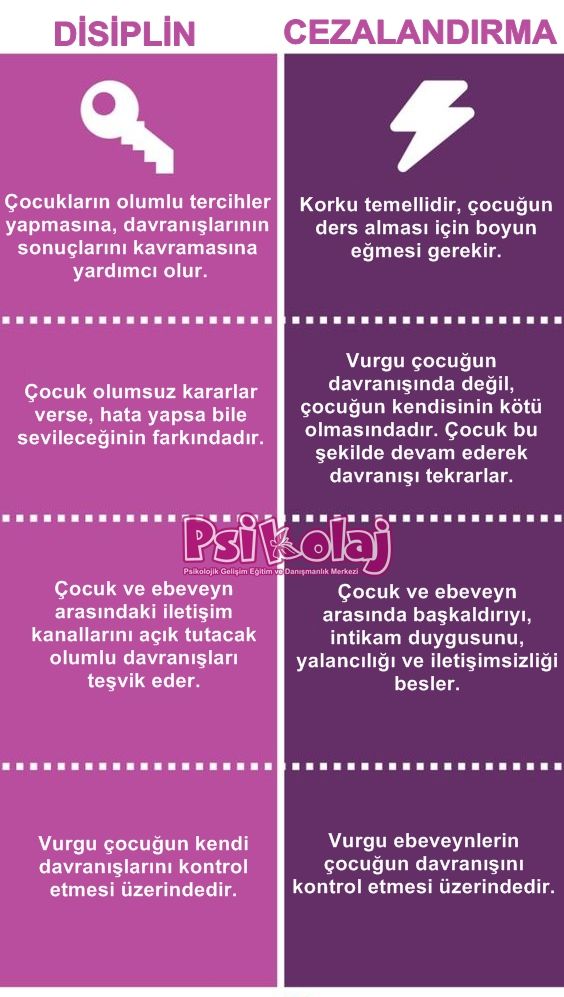
It is also in the family that the child masters almost all types of social activities: communication, work, teaching, etc.
throughout a person's life. Against the background of such common characteristics in each family, a child is brought up in a unique way, inherent only in this family. This is due to a large number of factors that influence the formation of the style of upbringing in the family: the lifestyle of the family, the level of culture and education, ideas about the upbringing of parents, and many others.
Following A.L. Wenger [6] define the very concept of “parenting style” as “the style of relationships with the child in the family, characterized by the degree of control, care and guardianship, the tightness of emotional contacts between parents and the child (emotionally warm - emotionally cold), the nature of the guidance of the child's behavior by adults (democratic - authoritarian), the number of prohibitions (restrictive - permissive), etc.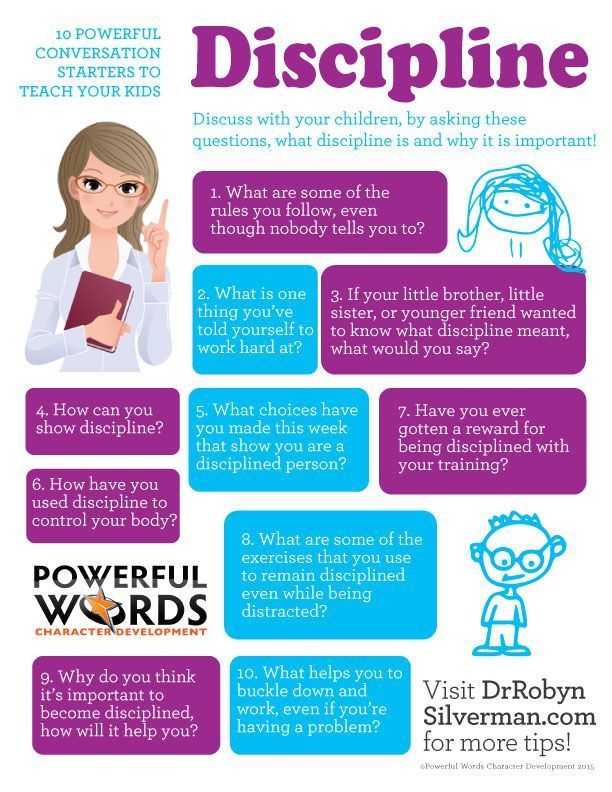 ”
”
Let us turn to numerous studies of family education styles in domestic and foreign psychology. Alfred Adler [1] already at 19In 1932, he described the unfavorable situations of childhood associated with parental upbringing, on the basis of which the child forms erroneous ideas about life. Thus, Adler noted that parental neglect can interfere with the development of a child's social interest; connivance - to the development of inadequate ideas of the child about himself; the lack of parental attention deprives the child of the opportunity to believe in himself, and the courage to cope with emerging life difficulties. Since Adler puts the child's relationship with society at the forefront, his ability to realize himself and develop in society, working on his shortcomings, he sees the development of adequate self-esteem in the child, self-confidence and the ability to follow certain rules of behavior as the most important moments in communication between parents and the child.
American psychologist James Martin Baldwin, based on the criteria: parental control, parental requirements, assessment methods, emotional support, identified two styles of parenting [8].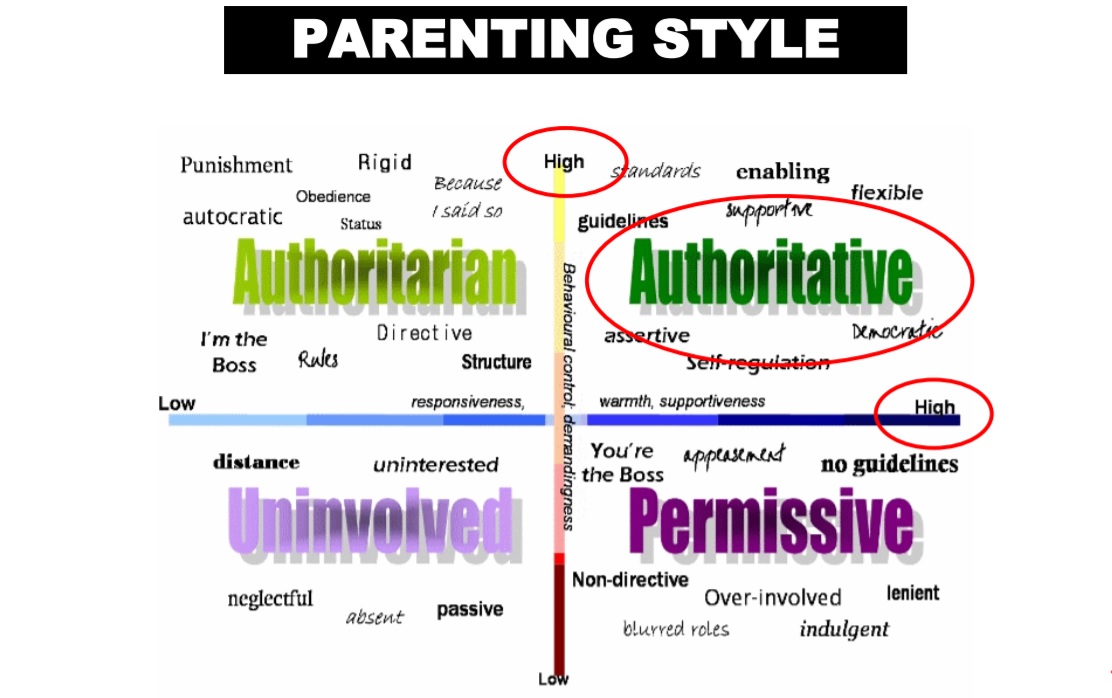
Democratic style is determined by the following parameters: a high degree of verbal communication between parents and children; involvement of children in the discussion of family problems; the readiness of parents to come to the rescue, if necessary, and faith in the success of the child's independent activities; the desire of parents for an objective view of the child.
The controlling style implies significant restrictions on the behavior of children, a clear and clear explanation to the child of the meaning of restrictions, the absence of disagreements between parents and children about disciplinary measures. At the same time, parents can make demands on their children rigidly, consistently and constantly, and children perceive these demands as fair.
Diana Baumrind [12] in the course of observations was able to identify 3 styles of parental attitudes that are different in terms of control and emotional richness, and the characteristics of children corresponding to these styles.![]()
1. Authoritative parents are initiative, sociable, kind children. high level of parental control, encouragement of the growing autonomy of children, warm relations with children. As a result, children are socially adapted, self-confident, capable of self-control, and have high self-esteem. Parents' decisions do not seem arbitrary and unfair to children, so children easily agree with them [12; 13; 14].
2. Authoritarian parents are irritable, conflict-prone children. High level of control: parents expect strict fulfillment of their requirements, relations with children are cold and detached. Parents have little contact with their children, set strict requirements and rules, do not allow them to be discussed, and do not encourage children to express their opinion. Children are closed, timid and gloomy, unassuming and irritable [12; 13; 14].
3. Permissive (or liberal) parents - impulsive, aggressive children. Low level of control and warm relations: parents have little or no regulation of the child's behavior, although they are open to communication with children, but the dominant direction of communication is from the child to the parents.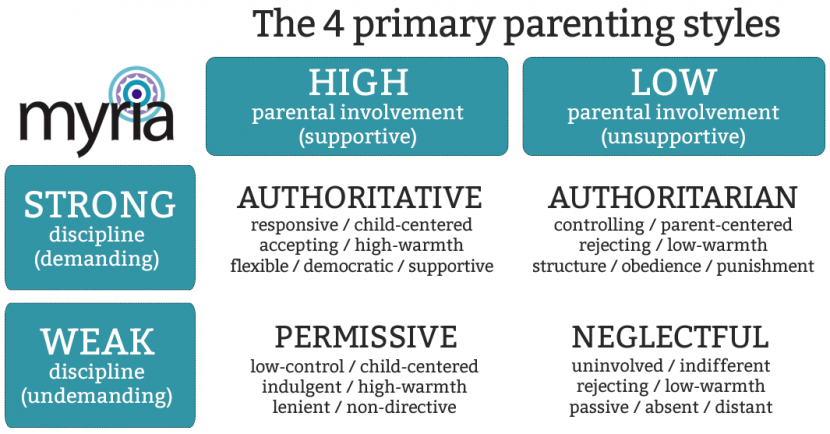 According to D. Baumrind, parents are so addicted to demonstrating "unconditional love" that they cease to perform direct parental functions, in particular, to set prohibitions for their children. Children are prone to disobedience and aggressiveness, behave inappropriately and impulsively, are undemanding to themselves, in some cases children become active, determined and creative people [15].
According to D. Baumrind, parents are so addicted to demonstrating "unconditional love" that they cease to perform direct parental functions, in particular, to set prohibitions for their children. Children are prone to disobedience and aggressiveness, behave inappropriately and impulsively, are undemanding to themselves, in some cases children become active, determined and creative people [15].
Colleagues D. Baumrind Eleanor Maccoby and John Martin supplemented this typology with another, fourth, style of raising a child in a family.
4. Indifferent parents are angry children. Low level of control and cold relations: parents do not set any restrictions for children, are indifferent to children, closed to communication. If indifference is combined with hostility, the child shows destructive impulses and a tendency to deviant behavior [15].
D. Elder [3] identifies seven styles of communication and interaction between parents and adolescents based on the level of parental control and pressure on the child:
The autocratic style is distinguished by the full power of parents over their children, without the need to discuss or explain their decisions, and weak control over the behavior of children.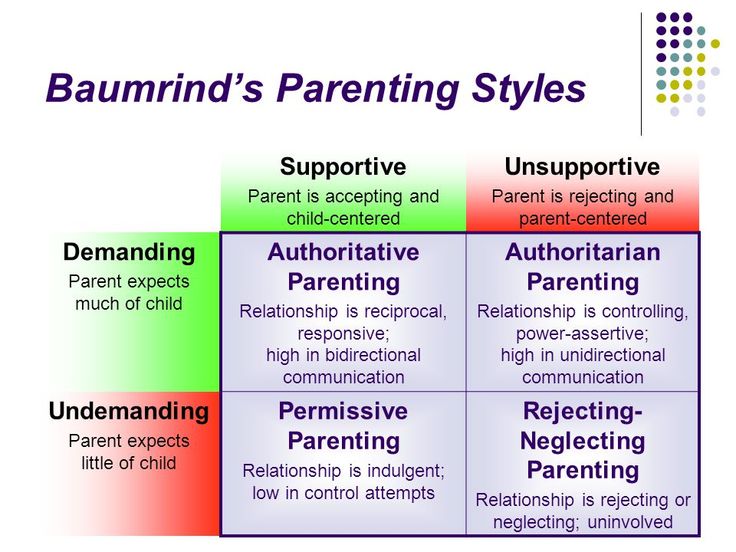 Parents can impose their will and emphasize the incompetence of children in various aspects.
Parents can impose their will and emphasize the incompetence of children in various aspects.
The authoritarian style leaves parents with the power and the right to make decisions, but allows the teenager the opportunity to express his opinion and point of view, but without the right to vote.
Democratic style involves joint discussion of important decisions by parents and children.
The egalitarian style is characterized by the absolute equality of parents and the child, it assumes that parents and children not only equally participate in decision-making, but also bear the same responsibility for them.
The permissive style is found in parents who tend to give the child a lot of freedom, requiring him to be responsible for his actions.
The conniving style is characterized by the fact that parents from an early age give the child complete uncontrolled freedom of action and often behave inconsistently, sometimes punishing and encouraging the child for the same actions.
Ignoring style, characterized by the lack of interest of parents in relation to the child, his affairs. The lack of parental attention looks as if adults care little about the state of mind of the child, they are indifferent to his needs and requests.
The criterion of emotionality and personal involvement of parents in relations with children formed the basis for the classification of the domestic scientist L.G. Sagotovskaya [7]. The author distinguishes 6 types of parental attitudes towards children:
1) extremely biased attitude, confidence that children are the main thing in life;
2) indifferent attitude to the child, to his requests, interests;
3) selfish attitude, when parents consider the child the main labor force of the family;
4) attitude towards the child as an object of education without taking into account the characteristics of his personality;
5) attitude towards the child as a hindrance in career and personal affairs;
6) respect for the child, combined with the imposition of certain duties on him. A.P. Petrovsky distinguishes 5 types of family relations: dictate, guardianship, confrontation, peaceful coexistence based on non-intervention and cooperation [5].
A.P. Petrovsky distinguishes 5 types of family relations: dictate, guardianship, confrontation, peaceful coexistence based on non-intervention and cooperation [5].
A.I. Zakharov distinguishes the following criteria for family relations [2]:
1. The intensity of emotional contact between parents and children. According to this parameter, such styles of family education are distinguished as: hyper-guardianship, guardianship, acceptance, rejection.
2. The control parameter makes it possible to single out permissive, permissive, situational, restrictive types of family education.
3. The criterion of consistency in educational influence is extremely important in parental attitude towards children of any age.
4. In terms of emotional richness, family upbringing can be affectively stable or unstable. This indicator gives an idea of the stability and nature of the emotional atmosphere in the family.
5. Characteristics of anxiety in parent-child interaction also indicates the peculiarities of the atmosphere in family upbringing, describes parents' anxiety for the child, factors in the development of child anxiety, family resistance to stress factors, etc.
Family psychotherapist E.G. Eidemiller [11] describes a large number of styles of abnormal family education. We will describe only a few of them. The differences between these styles are expressed in the emotional involvement of parents in the life of the child, the degree of control and care, the parents' understanding of the content of children's age and individual needs.
1. Hypoprotection: lack of care and control over behavior, sometimes reaching complete neglect; more often manifested as a lack of attention and care for the physical and spiritual well-being of a teenager, deeds, interests, anxieties. Hidden hypoprotection is observed with formally present control, a real lack of warmth and care, and exclusion from the child's life.
2. Dominant hyper-protection: heightened attention and concern for a teenager is combined with petty control, an abundance of restrictions and prohibitions, which increases lack of independence, lack of initiative, indecision, inability to stand up for oneself.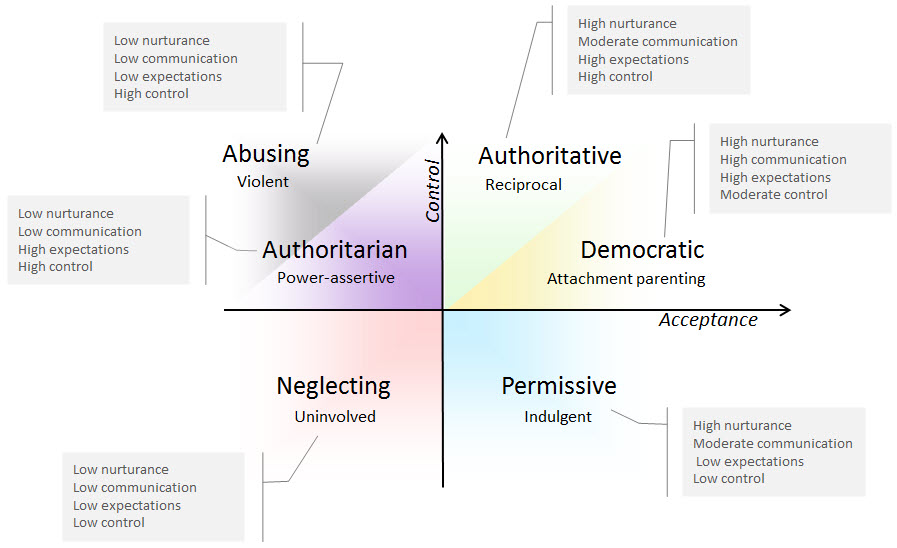
3. Indulgent hyper-protection: parenting as the “idol of the family”, indulging all the desires of the child, excessive patronage and adoration, resulting in an excessively high level of aspirations of the adolescent, unbridled desire for leadership and superiority, combined with insufficient perseverance and self-reliance.
4. Emotional rejection: ignoring the needs of a teenager, often cruel treatment of him. Hidden emotional rejection is manifested in the global dissatisfaction with the child, the constant feeling of parents that he is not “that”, not “such”, for example, “not courageous enough for his age, forgives everything and everyone, you can walk on him”. Sometimes it is masked by exaggerated care and attention, but it betrays itself by irritation, a lack of sincerity in communication, an unconscious desire to avoid close contacts, and, if necessary, somehow get rid of the burden.
5. Increased moral responsibility: requirements of uncompromising honesty, sense of duty, decency, imposing responsibility on the teenager for the life and well-being of loved ones, persistent expectations of great success in life — all this is naturally combined with ignoring the real needs of the child , his own interests, insufficient attention to his psychophysical characteristics.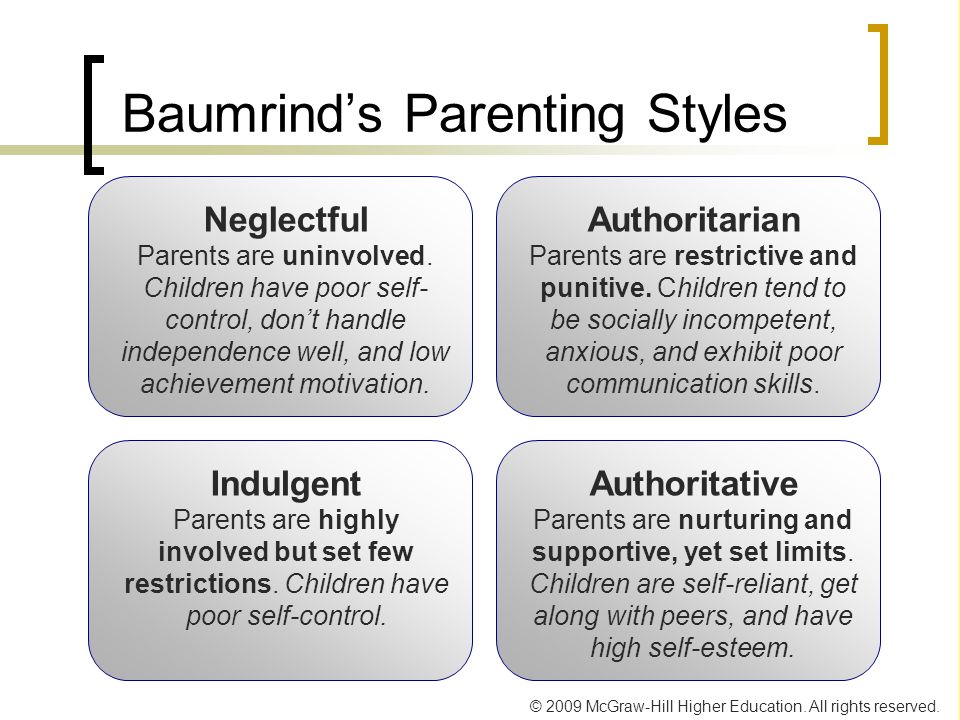
Russian psychologists E.T. Stolin and V.V. Stolin noted some types of inadequate parental (maternal) attitude towards the child [8], associated with the emotional difficulties of women:
1. A mother's attitude towards her teenage son as a “surrogate” husband: demand for active attention to herself, care, an obsessive desire to be constantly in her son's company, to be aware of his intimate life, the desire to limit his contacts with peers.
Mothers complain about the lack of contact with their son, his desire to isolate himself from her, his "contempt". In a less rude form, such an attitude, as already indicated, results in the assignment of the status of "head of the family" to the teenager.
2. Hyper-protection and symbiosis: an obsessive desire to keep, bind a child to oneself, deprive him of his independence because of the fear of a possible misfortune with the child in the future (the "smart Elsa" complex). In this case, the underestimation of the real abilities and potentials of the child leads parents to maximum control and restrictions, the desire to do everything for him, protect him from the dangers of life, “live life for the child”, which essentially means “crossing out” the real child, stagnation of the child’s development, regression and fixation on primitive forms of communication for the sake of securing symbiotic bonds with it.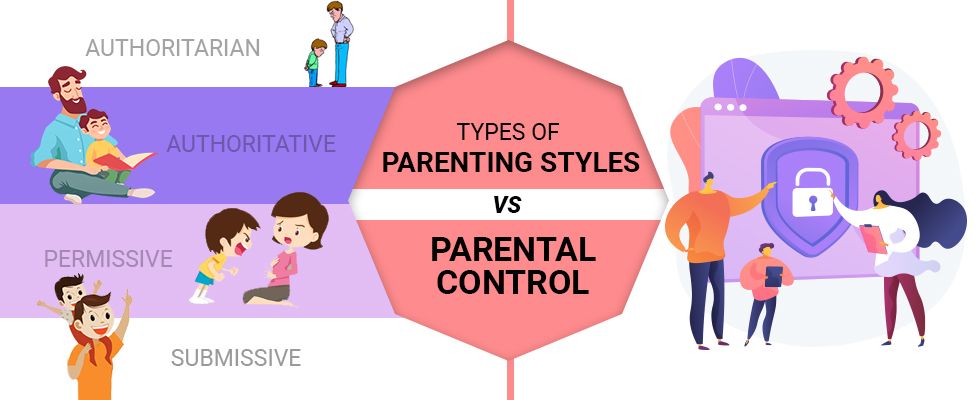
3. Educational control through deliberate deprivation of love: undesirable behavior (eg disobedience), insufficient school achievements or carelessness in everyday life are punished by demonstrating to the child or adolescent that “he is not needed, mother does not like this.” At the same time, parents do not directly express dissatisfaction with the child, the inadmissibility of such behavior, do not clearly demonstrate the negative feelings that they experience in connection with the child's bad behavior. They do not talk to him, they ignore him emphatically, speaking of the child in the third person, as if he were absent. For some children, this attitude gives rise to an impotent feeling of rage and anger, outbursts of destructive aggression, behind which is the desire to prove their existence, to infiltrate the family “we” through and through. In this case, parents can make concessions out of fear of children's aggression, or by retaliatory aggression (more often physical) they try to overcome the wall of alienation they have created.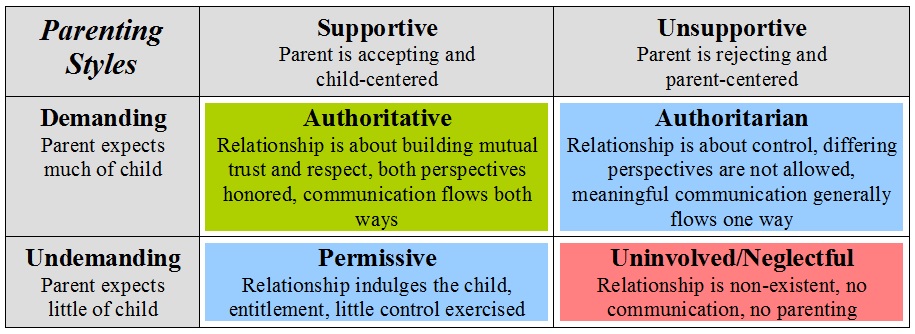 For some children, such a parental attitude gives rise to a deep sense of their own uselessness, loneliness. In an effort to return parental love, the child himself seeks to limit his own individuality, sacrificing self-esteem, losing his own "I". Obedience is achieved at the cost of devaluing the "I", maintaining a primitive attachment.
For some children, such a parental attitude gives rise to a deep sense of their own uselessness, loneliness. In an effort to return parental love, the child himself seeks to limit his own individuality, sacrificing self-esteem, losing his own "I". Obedience is achieved at the cost of devaluing the "I", maintaining a primitive attachment.
4. Educational control through guilt: a child who violates the prohibition is stigmatized by parents as “ungrateful”, “betraying parental love”, “causing so much grief to his mother”, “leading to heart attacks”, etc. (private a case of the upbringing described above in conditions of increased moral responsibility). The development of independence is fettered by the constant fear of a teenager to be to blame for the troubles of his parents, by relationships of dependence.
Summarizing all of the above, we note that domestic and foreign psychologists, studying the characteristics of education in different families, came to the conclusion that the formation of children's personal qualities largely depends on the style of communication and interaction in their family and the child's self-attitude until a certain period is a reflection of the attitude to him adults, and above all parents.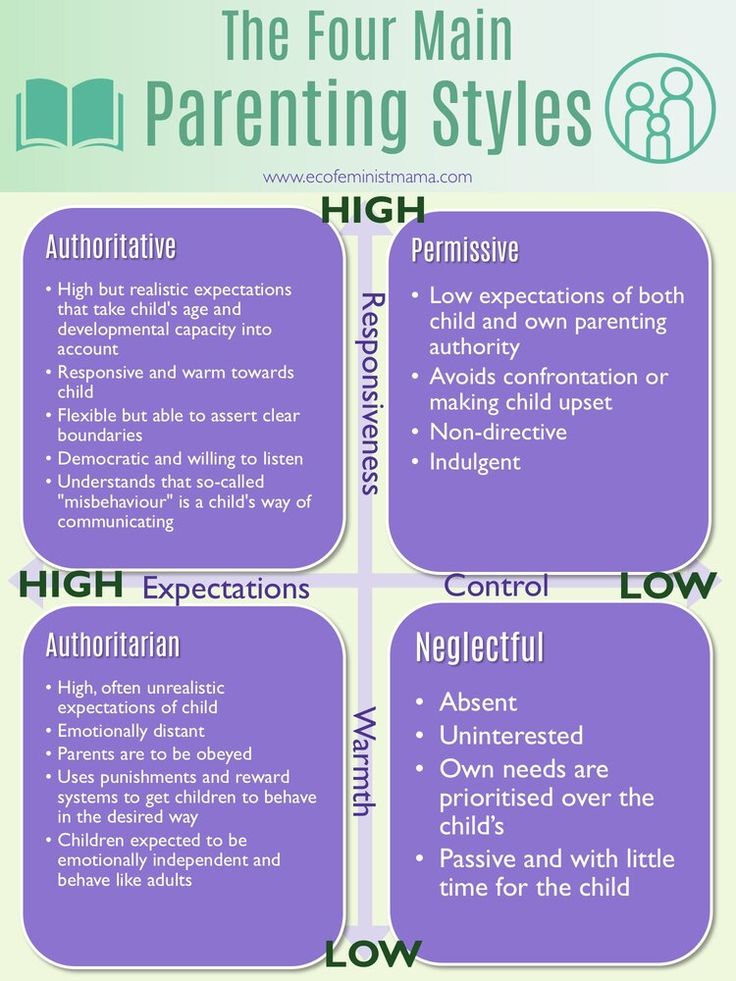 The child learns the values, parameters of assessments and self-assessments, the norms that his parents supply and by which he begins to evaluate himself, as well as the image of himself as having certain traits and qualities.
The child learns the values, parameters of assessments and self-assessments, the norms that his parents supply and by which he begins to evaluate himself, as well as the image of himself as having certain traits and qualities.
Obviously, most classifications are based on the criteria of parental control and the characteristics of the manifestation of emotional warmth of parents. Important parameters for distinguishing styles of family education are also the degree of authority and respect of parents in relation to children of different ages. Some authors give the same names to the styles of family education, but decipher them differently. In this regard, it is important to note that when studying the family, the main task of psychologists and educators is to identify the specifics of the content of intra-family relations, and not to name the styles or types of parental relationships. This thesis is all the more true because, as noted by many scientists, in particular, V.S. Mukhina, “In real life, everything is still more complicated than in any classification.